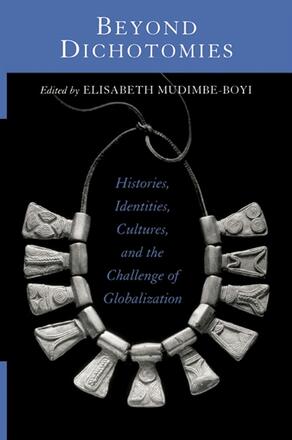
Beyond Dichotomies
Histories, Identities, Cultures, and the Challenge of Globalization
Alternative formats available from:
Confronts the cultural challenges of globalization.
Description
Beyond Dichotomies examines literary texts, cultural production, and concrete local practices within the context of modernity and globalization by focusing on the ways in which some societies confront the complexity of cultures reflected in new forms of knowledge, narratives, and subjectivities. The contributors explore how particular societies negotiate the relations between the global and the local, and use a geographical, comparative perspective combined with an interdisciplinary approach to offer a diversity of views and illuminate the cultural impact of globalization on different societies around the world: Africa, Asia, Europe, and the Americas. These societies face complex questions regarding people's histories, identities, and cultures that embody the ambivalence, contradictions, and anxieties generated by the process of globalization. The contributors provide a compelling conclusion for a rethinking and reconfiguration of cultures and intercultural relations in today's global world in which dichotomized representations coexist with a discourse of globalization.
Elisabeth Mudimbe-Boyi is Associate Professor of French and Comparative Literature at Stanford University and the author of L'Oeuvre romanesque de Jacques-Stephen Alexis: une écriture poétique, un engagement politique.
Reviews
"While the book offers a critical retrospective appraisal, it is also a reminder of the valuable perspectives and analytical tools that postcolonial studies have offered. " — H-Net Reviews (H-Gender-MidEast)
"Culture is taken here in a very inclusive sense to denote not only ways of living, doing, and forms of expression, but also to designate the responses associated with the sociological determinations of race, gender, and class. The book examines how these and other points of reference affect the relations between peoples and individuals across cultures and geographical boundaries. " — F. Abiola Irele, Ohio State University